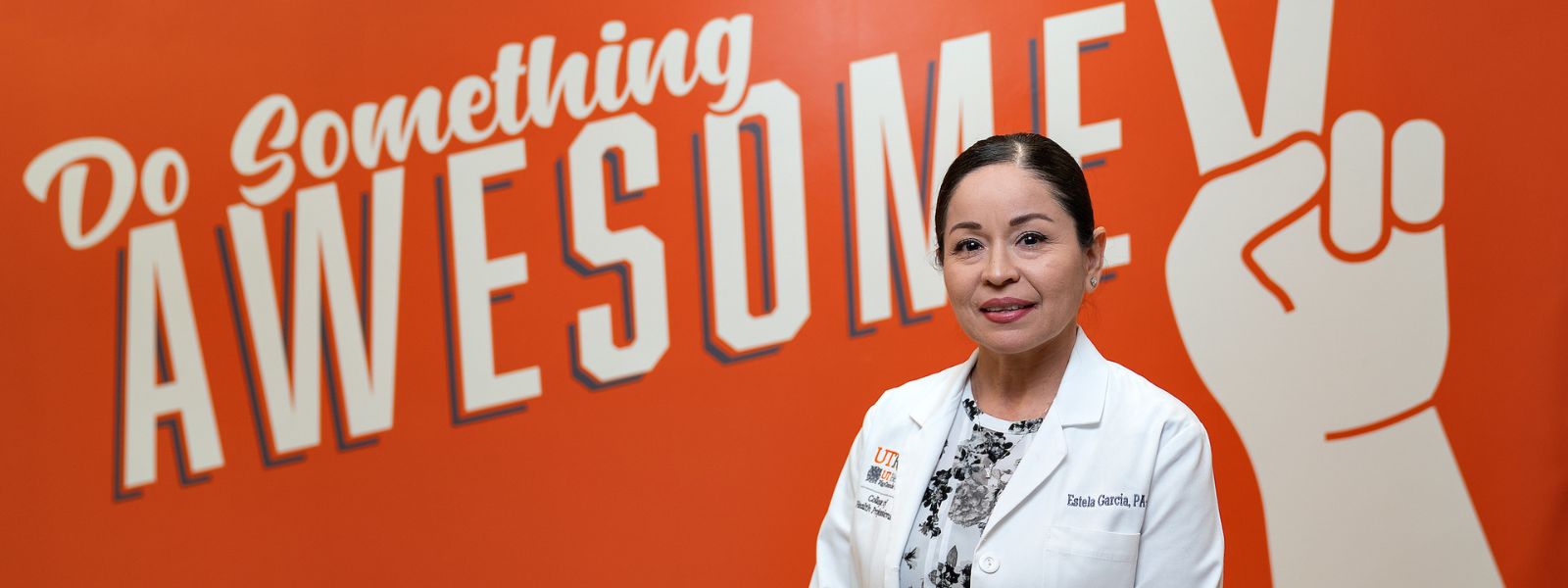REQUEST FOR PROPOSALS – AY25-26
We are pleased to announce that the College of Health Professions (COHP) is now accepting applications for the COHP Small Grant Program. This program is intended to provide financial support for innovative projects and initiatives led by COHP faculty.
We are especially interested in proposals that demonstrate creativity and have the potential to make a meaningful impact on our communities.
To apply, please carefully review the request for proposal, which includes detailed guidelines and formatting requirements.
Interested faculty should submit this Letter of Interest to Dr. Murat Karabulut, Associate Dean for Research, at murat.karabulut@utrgv.edu by 5:00 PM on June 20, 2025.

